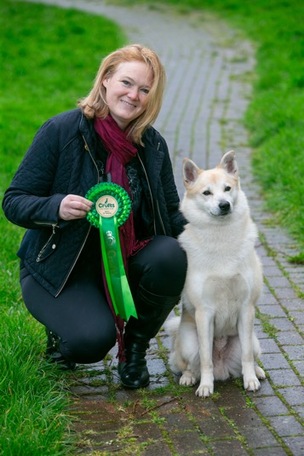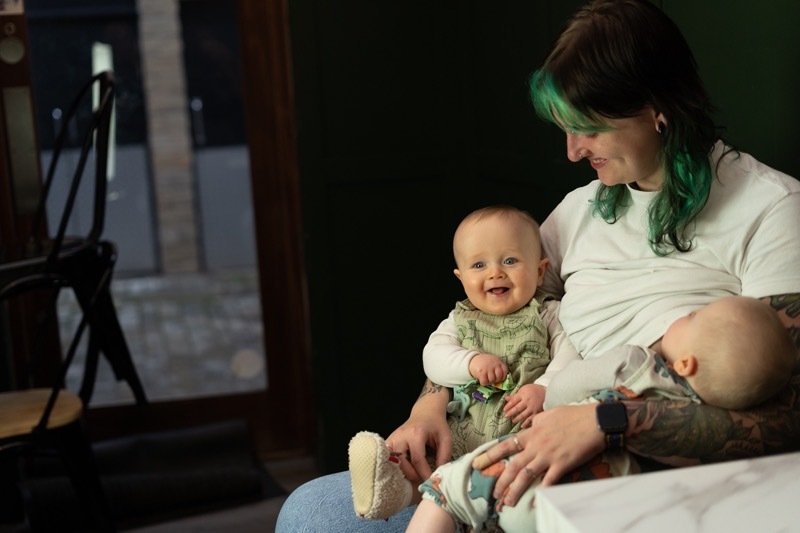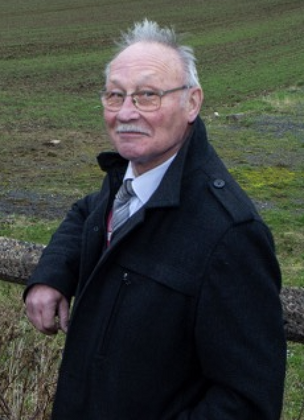DWINDLING numbers of new mums who opt against sticking with breastfeeding - which local leaders believe is down to nervousness of doing so in public - is set to be reversed thanks to a new scheme.
Data relating to breastfeeding rates in Barnsley from 2022/23 show that by eight weeks after birth, only 33 per cent of mums continue to breastfeed - a 28 per cent decrease from the 61 per cent that initially started.
Common feelings of nervousness about breastfeeding in public has been identified as a barrier to breastfeeding but a new campaign - Breastfeed: Anytime, Anywhere - aims to tackle new mums’ anxiety.
The campaign focuses on eight local mums who volunteered to be photographed and to share their honest and inspiring experiences of their breastfeeding journey with their children.
Filmed at the Old George cafe, Falco Lounge and the Library @ the Lightbox, mums shared their experiences in a few of the many locations in Barnsley that are now signed up to the Breastfeeding Welcome Scheme.
Coun Wendy Cain, cabinet spokesperson for public health and communities, said: “I would like to personally thank the mums that came forward to be the faces of this new campaign.
“Breastfeeding visibility is just one of the ways that we embrace this natural process in our communities and by volunteering to be photographed and filmed for this campaign, they’ve helped to break down this barrier for other mums.
“I would also like to thank the local businesses in Barnsley who have signed up to be a part of the Breastfeeding Welcome Scheme.
“We’re seeing more and more businesses sign up for the scheme across the town centre and in our communities to help acknowledge the needs of breastfeeding mums and create a more inclusive and supportive environment.
“If you see our new campaign across social media in the coming weeks, please share the message with the hashtag #BreastfeedingBarnsley to show your solidarity and support for breastfeeding in Barnsley.”
The NHS backed the campaign and urged more local businesses to sign up to the scheme to boost rates.
A spokesperson added: “Breast milk is the best form of nutrition for infants and exclusive breastfeeding is recommended for the first six months of an infant’s life.
“Thereafter, breastfeeding should continue for as long as the mother and baby wish, while gradually introducing the baby to a more varied diet.
“In recent years, research has shown that infants who are not breastfed are more likely to have infections in the short-term such as gastroenteritis, respiratory and ear infections, and particularly infections requiring hospitalisation.
“In the longer term, evidence suggests that infants who are not breastfed are more likely to become obese in later childhood, which means they are more likely to develop diabetes, and tend to have slightly higher levels of blood pressure and blood cholesterol in adulthood.
“For mothers, breastfeeding is associated with a reduction in the risk of breast and ovarian cancers.
“A recent study also suggests a positive association between breastfeeding and parenting capability, particularly among single and low-income mothers.”




























